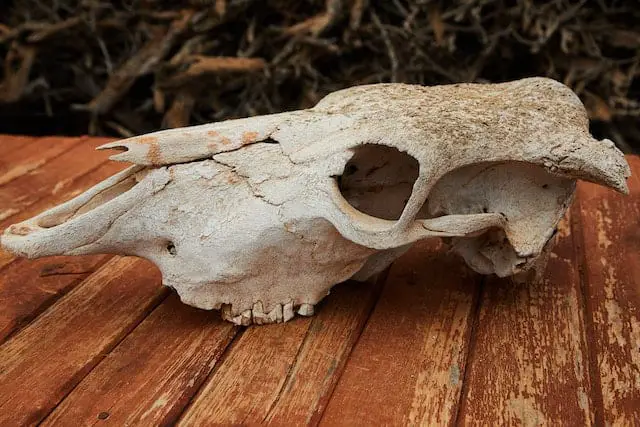Gardeners around the world still hold a high regard for the traditional gardening technique known as composting, and for good reason. Many people wonder if it’s possible to include bones in compost. The simple answer is, yes, you can. Many newbies assume that bones should never be added to compost. They do take much longer to decompose compared to other organic materials, but with a little know-how, you can easily compost them.
You do need to have an understanding of which bones should be added to compost and the time it will take for them to decompose. You can decompose chicken, fish, pork, and beef bones safely.
Not all bone types are easy to decompose. Whether you have chicken, pork, beef, or fish bones, the time each will take to decompose can vary greatly. In this article, we will take a look at the different types of bones and we will also share the best tips to do it in the most effective way.
Bones in Compost
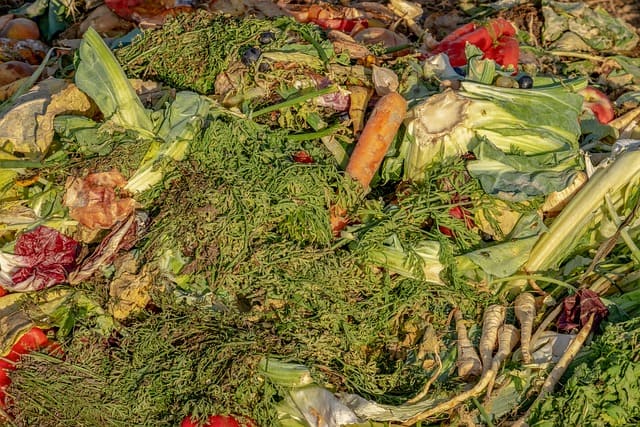
You can choose to decompose the bones you wish to or that are readily available for you. However, there will be different advantages and disadvantages for each of them.
When it comes to chicken, it is usually recommended to compost cooked chicken bones. This helps prevent the spread of bacteria and diseases. One major benefit of chicken bones is that they are slim and take relatively less time to decompose.
In contrast, beef bones are thick and large, so dissolving these in your compost bin will take a much longer time. If you’re short on time and space, this is usually not the best option. Pork bones also tend to have the same issue and take longer to decompose.
Fish bones are the easiest and quickest to decompose as they are extremely small and thin. They do give off a foul odor so it’s advised to let the bones dry out before leaving them to compost.
Regardless of which bone type you use, there are some important tips you need to remember during the process. Let’s take a look at some ways to speed up the process:
1. Hot Composting
The fastest way to decompose bones is by generating heat in the pile. If the compost pile is hot, the heat combines with the bacteria to break down the bone material. The moist conditions also help in reducing the odor.
When it comes to hot composting, you need to make sure the compost pile or bin is of an adequate size. If the pile is too small, the compost won’t heat up sufficiently. Typically, the recommended size for a bin or pile for hot composting should be around four feet high and four feet wide.
An alternative to hot composting is digging an almost two feet hole in your garden and then burying the bones in it.
2. Break the bones
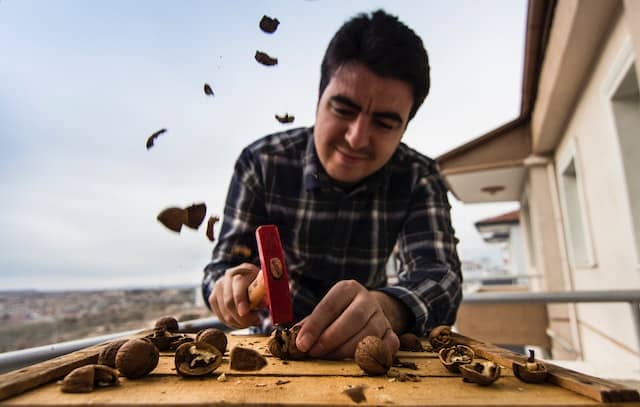
One useful tip is to break the bones into smaller pieces as this also helps break them down much faster. This works by increasing the surface area exposed to the microbes while decomposing.
You can use bone cutting shears to easily do this and cut up even the toughest bones. You can also use a hacksaw for the purpose of cutting large bones. If you don’t have any of these tools, simply use a hammer to smash the bones into smaller pieces.
3. Placement of bones
The correct placement of bones is also an important factor. It is never recommended to throw bones on top of the pile. Instead, make sure to keep them at the very bottom, in the center of the pile with an optimal temperature of 140-160 degrees Fahrenheit.
This position is ideal for decomposing as the microbes will act on them faster. Make sure not to disrupt the process for at least a few weeks.
One important reason to do this is to keep the bones safe from animals or flies who might dig them out or swarm over them.
4. Burn the bones
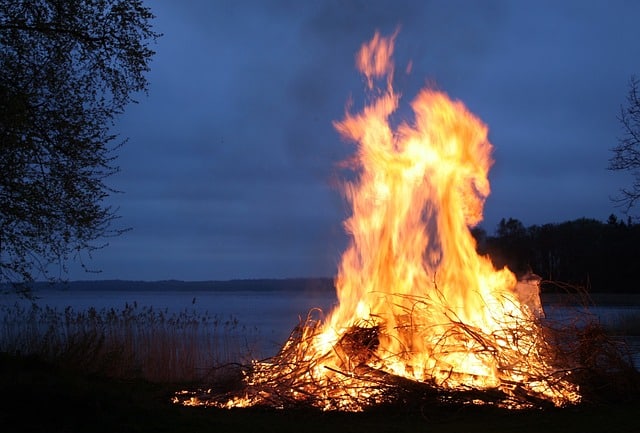
Burning the bones and then placing them in the compost can help break them down quickly while adding additional nutrients to your pile. You can burn the bones in a camp fire or place them in a cast-iron skillet.
Next, add some dry wood shavings to start the fire, Place the bones on top of the shavings and let them burn. You need to burn the bones until they become charred. Now, you can remove them from the fire and allow them to cool. Then, crush the bones with a hammer so they turn into much smaller pieces.
5. More material
Keeping the compost safe from pests is very important, especially if there are problematic pests in the area. Another useful tip is to have lots of material in the compost pile. The larger the amount of material piled between the outer part of the compost pile and the bones, the better decomposition you will get.
6. Be patient
If you want to decompose bones fully, you should know there are no shortcuts. This is a naturally slow process as bones take quite some time to fully disintegrate. You can use different methods to prepare the compost bones and find out which works best.
As a rule of thumb, fish and chicken bones can dissolve completely in a matter of months. However, thicker bones that come from wild animals can easily take 9 to 12 months. If there are any remaining bones, you can bury or recompost them.
7. Avoid adding meat
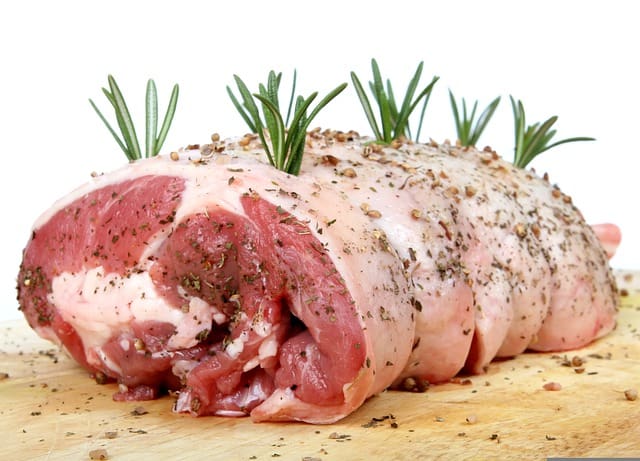
Make sure to remove all the meat from the bones. Adding meat to the compost pile can result in additional transfer of bacteria in the compost. This can result in a foul odor especially because of the meat burning and rotting.
You can either remove the meat manually, or burn the bones before adding them to the compost bin.
So, bones are definitely compostable and the process can be made much easier and simpler if you prepare the bones properly and are willing to be patient. When you put your bones in compost, remember to follow all the tips we have mentioned in this article.
Also read: Can I Use Succulent Soil For Other Plants?
Frequently Asked Questions
What is the difference between hot versus cold composting?
In hot composting, different microorganisms generate heat to decompose the waste material rapidly. This is an aerobic process as it involves oxygen. Cold composting is an anaerobic process as it uses microorganisms that do not live on oxygen. This is a slower method compared to hot composting.
Is it okay to place bones in a backyard compost?
Yes, you can put the bones in a compost bin as they are biodegradable. However, the results will be slow as bones take much longer to disintegrate compared to other items.
Bones contain many nutrient-rich compounds which means they will also enrich the soil. Plus, bone meal is an excellent source of calcium and phosphorus and will also help increase the pH of your soil over time.
What should you not compost?
Some items should never be put for composting as it can result in contamination of the whole pile, or inefficient or harmful biodegradation. They can also attract rodents and give off a bad odor.
Several things that you should not compost include dairy, oils, fats, meat scraps, diseased plants, black walnut tree debris, charcoal ash, as well as dog and cat waste.

Hey, I’m Lisa and I’ve been an avid gardener for over 30 years. I love writing, talking and living in the garden! Feel free to connect with me on my socials below

